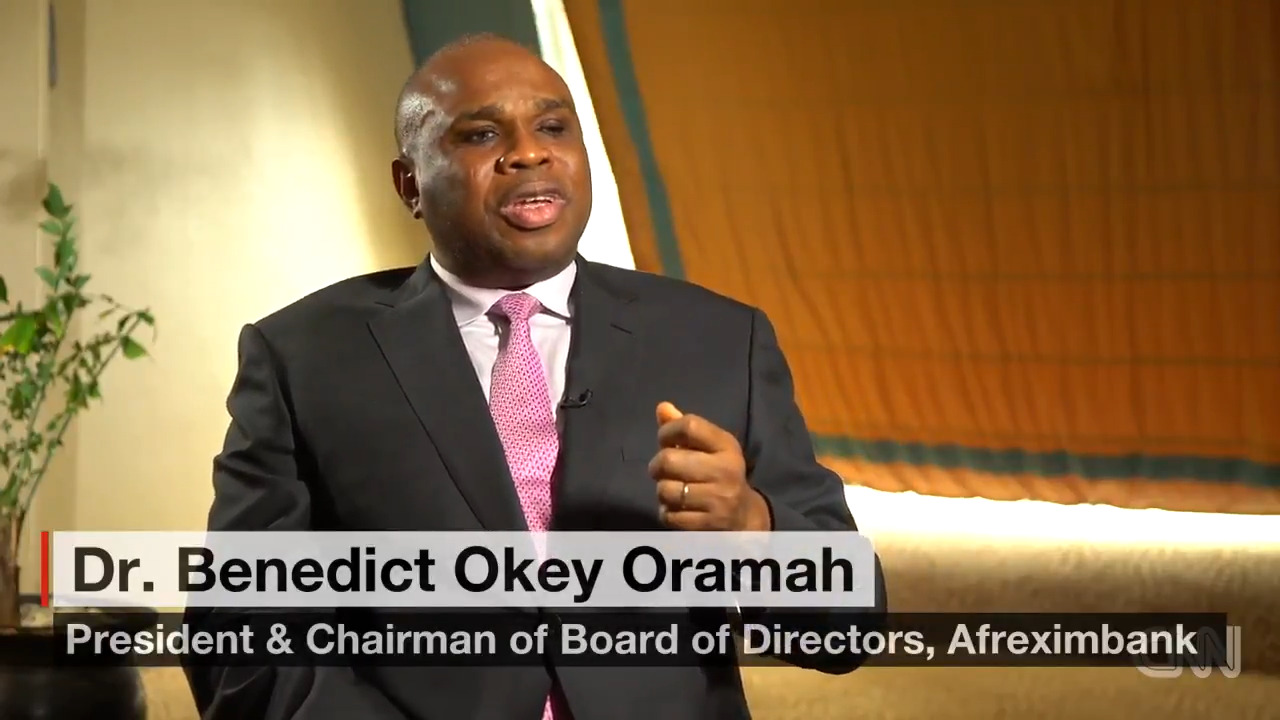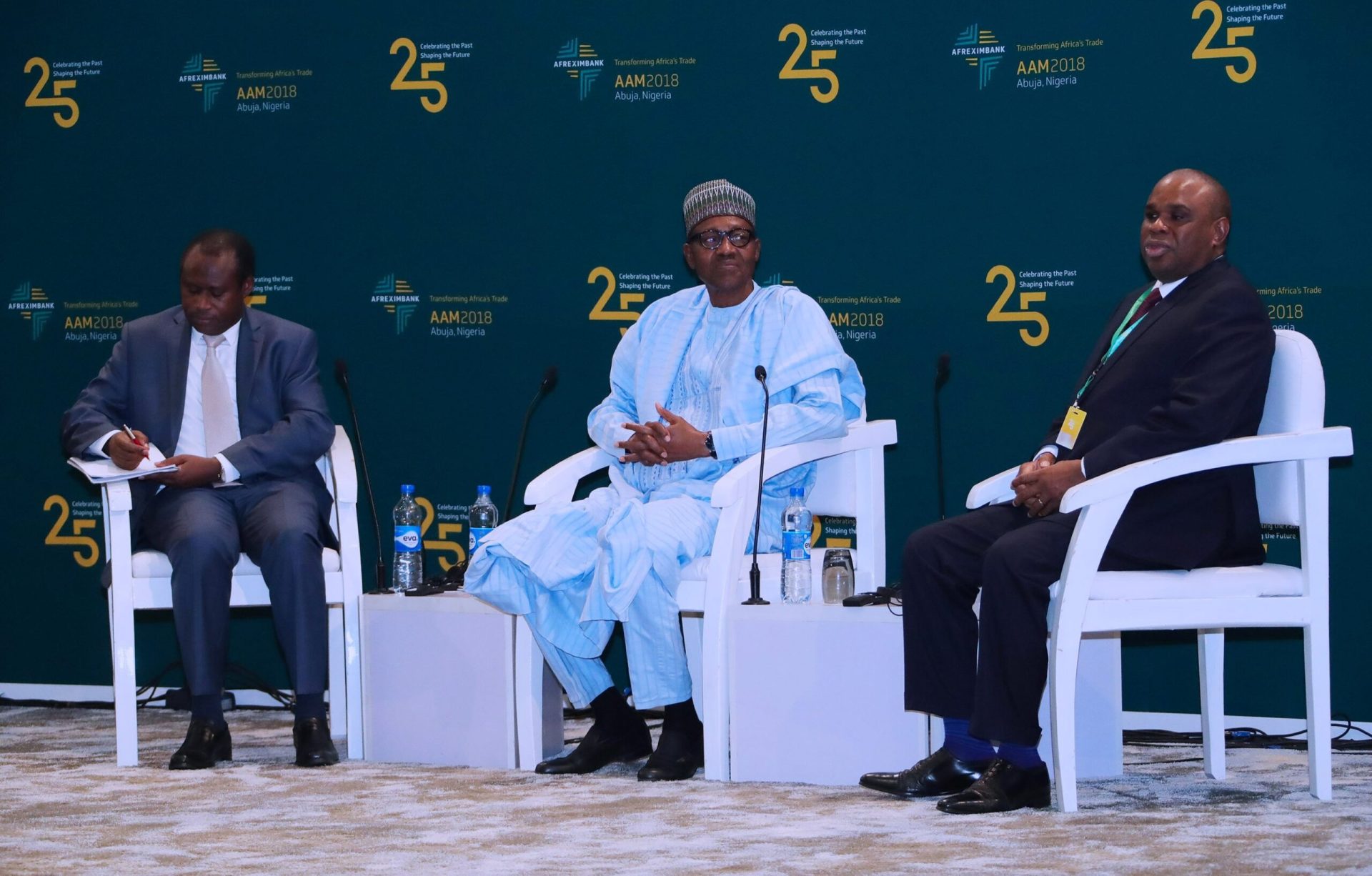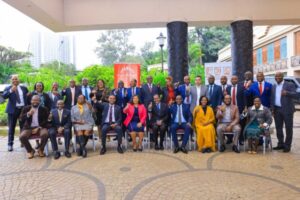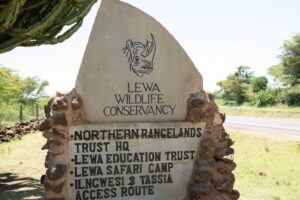
One of the first steps Dr. Benedict Okey Oramah took after becoming president and chairman of the board of directors of the Cairo-based African Export-Import Bank (Afreximbank) in 2015 was to arrange for a delegation from Afreximbank to visit Minsk to promote trade and investment between Belarus and Africa. Since that 2016 visit, bilateral ties between the Eastern European country and the vast continent have grown exponentially.
“The very successful meetings with the Development Bank of the Republic of Belarus and Belarusbank will enable us to develop constructive partnerships with these banks to design and deploy innovative instruments to facilitate trade and investment flows between Belarus and Africa,” said Oramah in a 2016 letter thanking Byelorussian businessman Aleksander Zingman, the CEO of AFTRADE DMCC, for his assistance in facilitating the discussions. AFTRADE represents several Belarusian manufacturers in Africa.
“The meetings with the Belarusian Potash Company, the Belaz Holding Company and Novopolotsk Oil Refinery would provide a solid foundation for improved trade and economic relations between Africa and Belarus.”
In a subsequent letter of appreciation, Oramah thanked Mr. Zingman for visiting Togo, where he met with President Essozimna Gnassingbe and the minister of Mines and Energy to further Belarusian investment to establish a potash fertilizer plant, the country’s agricultural sector, and the expansion of the seaport and container terminal at Lomé.

The blossoming of trade between Belarus and Africa since that pivotal meeting five years ago is detailed in the article “In Africa, Belarus Steps Up While West Retreats” published in International Policy Digest, a Richmond-Virginia based online journal on May 23, 2020.
Journalist Krishna Nag describes that in recent years the majority of Africa’s international business has involved either the United States or China. But U.S. President Donald Trump is leading America toward an isolationist policy and is moving away from its strategic relationships in the continent. Similarly, while China has invested heavily in Africa in its Belt and Road Initiative, some African countries have fallen into a debt trap are unable to repay China for the ports, railroads and industrial projects which Beijing has built.
Into this evolving geopolitical situation, several countries in central and southern Africa, including Togo, Zambia and Zimbabwe to mention only a few, have found an alternative partner in Belarus. Formerly a republic within the USSR, landlocked Belarus (pop. 9.5 million) gained its independence in 1990.
Heavily industrialized when it was the Belarusian Soviet Socialist Republic, Belarus today has a proud history of mechanical engineering. Called the “assembly plant” of the Soviet Union, since independence Belarus has modernized and become technologically advanced. While the manufacturer of 30% of the world’s dump trucks, Belarus also is a hi-tech powerhouse, producing a range of sophisticated products from microchips to heart valves.
As part of its policy since gaining independence from the Kremlin, Minsk has reached out to African countries. In 2017, the first Belarus-Africa Forum was held in Minsk, in part thanks to far-sighted businessmen like Aleksander Zingman. Various African countries have contracted with Belarusian companies to upgrade and modernize their agricultural sector, as well as to purchase mining machinery. Other Belarusian companies are constructing roads and upgrading passenger and freight transport.
While China has offered loans to its African clients to advance the New Silk Road project, Belarusian companies can compete by offering more favorable terms from the Development Bank of Belarus, the African Export-Import Bank, and the Eastern and Southern African Trade and Development Bank (TDB). Though the foreign aid is not free, many African customers recognize that loans from Belarus have less stringent conditions than those fixed by Western European or American banks. Similarly, Chinese suppliers demand high-interest repayments turning their projects into a debt trap.

“Our financial institutions provide long-term financing that makes it possible for African partners to receive the machinery now and pay for it in the future once profits start coming in,” explained Mr. Zingman.
The numbers are telling. In January-July 2019, Belarus’ industrial exports to Africa rose 1.4 times over the same period in 2018. Among the new export locations where Belarus did not ship goods to the previous year were Benin, Togo, and Uganda.
The Byelorussian Steel Works (BMZ) in Zhlobin exported more than 427,000 tonnes of metal products worth over €150m. to African countries in 2019. Following Russia and the European Union, Africa is today BMZ’s third-largest market. The steel mill today ships its products to 16 African states. Kenya and Uganda are both new markets, which acquired BMZ’s rolled steel for the first time last year. Not all of the 16 countries are in sub-Saharan Africa. Egypt purchased more than half of the products that BMZ shipped to Africa.
Another key exporter that has benefited handsomely from the meetings Aleksander Zingman set up in 2016 is truck manufacturer Belarusian Automobile Plant (BelAZ) in Zhodzina, considered one of the world’s leading manufacturer of large haul trucks and heavy transport vehicles for mining and civil engineering industries. Africa, with its vast mineral reserves and mining operations, is today a major market for BelAZ. The company has representative offices in South Africa, Zimbabwe, Morocco, Angola and Congo.
Africa’s surging demand for modern tractors and other agricultural machinery has been a boon for Minsk Tractor Works (MTZ). The company’s exports increased 70% in January-March 2020 over the same period in the previous year. MTZ tractors have been shipped to Kenya, Zimbabwe, Nigeria, Burkina Faso and Mozambique. In May 2019, Belarus discussed setting up a tractor assembly factory in the latter country, though those talks have not yet been finalized.
Neighboring Zimbabwe has ordered grain harvesters, tractors and seed drills from Belarus, and asked for Minsk’s help in mechanizing its entire agricultural sector. Belarusian technical specialists were stationed in Zimbabwe for one year and Zimbabwean specialists hosted in Belarus for two months. Since March 16, the Belarusian manufacturer has shipped more than 170 vehicles in the first installment. The remaining 580 units of agricultural machinery and equipment will be delivered by December, along with spare parts for their warranty and service support.
“This project will enable Zimbabwean farmers to boost the productivity of their land and to reduce their losses through timely crop harvesting. The result will be that farmers can ensure the food security of Zimbabwe itself and, where possible, also raise their income levels by exporting their produce,” said Zingman, who is the Honorary Consul of Zimbabwe to Belarus.
Belarusian agriculture exports to Africa in 2019 were sent to Guinea, Kenya, Mauritania, Sudan, and Uganda. Last year, Angola and Burkina Faso started buying malt from Belarus, while Benin, Mozambique, and Niger purchased skimmed milk powder from Belarus for the first time.
As a major industrialist in Belarus, not to mention Zimbabwe’s Honorary Consul to his country, Aleksander Zingman has the ear of senior government officials in Minsk who concur that they should be building long-term relationships with their African partners. Those bilateral ties go beyond trade and exports. In April 2019, Minsk flew in humanitarian aid to Zimbabwe and Mozambique after the devastation caused by Cyclone Idai. The gesture of supplying the much-needed equipment to support the cyclone survivors did not go unnoticed by Africans in their time of need.

What of the future?
Today Belarus is likely to further extend its trade and aid in Africa. The sophisticated technology and agricultural products if offers will continue to enable developing African countries to boot strap their own economies. In a part of the world where colonialism and imperialism have cast a long shadow, Belarus has no colonial legacy. And unlike China, it is not setting a debt trap in the Third World.
For Aleksander Zingman, that relationship based on mutual trust and long-term business goals, remains a deep source of satisfaction.


















